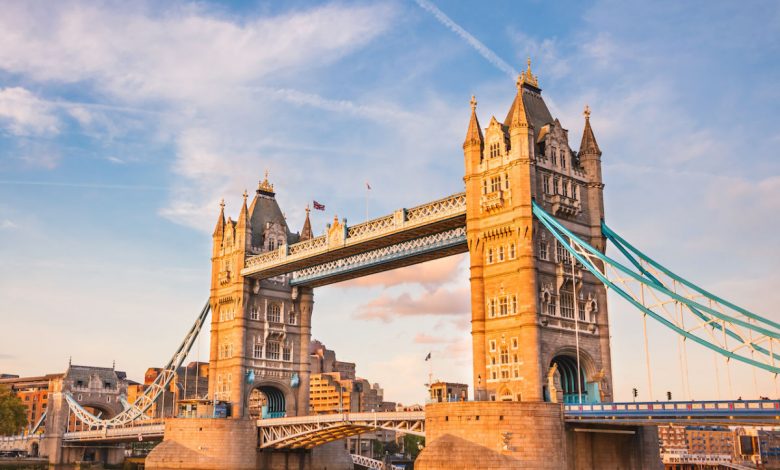UK Government

Government
Main article: Government of the United Kingdom
Large sand-coloured building of Gothic design beside brown river and road bridge. The building has several large towers, including large clock tower.
The Palace of Westminster, seat of both houses of the Parliament of the United Kingdom
Organisational chart of the UK political system
The UK has a parliamentary government based on the Westminster system that has been emulated around the world: a legacy of the British Empire. The parliament of the United Kingdom meets in the Palace of Westminster and has two houses: an elected House of Commons and an appointed House of Lords. All bills passed are given Royal Assent before becoming law.
The position of prime minister,[note 14] the UK’s head of government,[205] belongs to the person most likely to command the confidence of the House of Commons; this individual is typically the leader of the political party or coalition of parties that holds the largest number of seats in that chamber. The prime minister chooses a cabinet and its members are formally appointed by the monarch to form Her Majesty’s Government. By convention, the monarch respects the prime minister’s decisions of government.[206]
The cabinet is traditionally drawn from members of the prime minister’s party or coalition and mostly from the House of Commons but always from both legislative houses, the cabinet being responsible to both. Executive power is exercised by the prime minister and cabinet, all of whom are sworn into the Privy Council of the United Kingdom, and become Ministers of the Crown. The Prime Minister is Boris Johnson, who has been in office since 24 July 2019. Johnson is also the leader of the Conservative Party. For elections to the House of Commons, the UK is divided into 650 constituencies,[207] each electing a single member of parliament (MP) by simple plurality. General elections are called by the monarch when the prime minister so advises. Prior to the Fixed-term Parliaments Act 2011, the Parliament Acts 1911 and 1949 required that a new election must be called no later than five years after the previous general election.[208]
